I'm looking for a more efficient way to compute this (searched for something similar to numpy's arange):
R = 0
l1 = []
gamma = 0.99
x = 12
for i in range(0, 1000):
R = x - (1-gamma) * R
l1.append(R)
the iteration and appending are too slow

